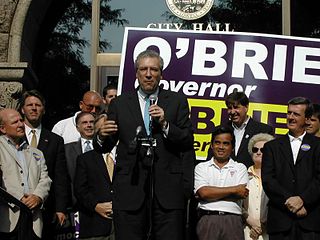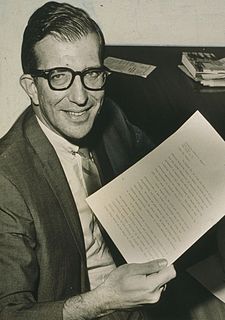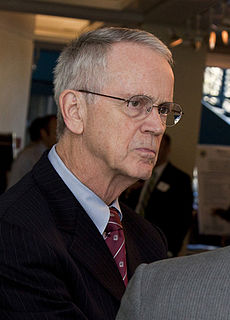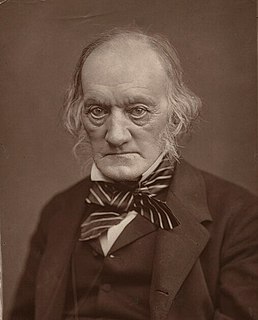A Quote by Dan Lipinski
Innovation really is the life blood of our American economy... looking back at the stories of Thomas Edison, Alexander Graham Bell, and the Wright Brothers, you look at emergence to technology innovation and what it has done for our economy. We need to continue that.
Related Quotes
The Wright brothers didn't contemplate the staying on the ground of things. Alexander Graham Bell didn't contemplate the noncommunication of things. Thomas Edison didn't contemplate the darkness of things. In order to float an idea into your reality, you must be willing to do a somersault into the unconceivable and land on your feet, contemplating what you want instead of what you don't have.
Both SOPA and PIPA are toxic. My view is that anyone who supports these bills either doesn't understand what they are supporting or is simply no friend of innovation. And, if you are no friend of innovation, I can't support you in any way, as innovation is the lifeblood of our economy, our country, and what I've dedicated my life to.
We can't have extraordinary dynamism, innovation, and change in the economy and expect to have predictability and stability in our personal lives. It's not as if there are these big, giant institutions existing between us and the economy. In fact, these institutions have become tissue-thin. There is no mediation anymore. We are the economy; the economy is us.
It's time to admit that public education operates like a planned economy, a bureaucratic system in which everybody's role is spelled out in advance and there are few incentives for innovation and productivity. It's no surprise that our school system doesn't improve: It more resembles the communist economy than our own market economy.
When counting on learning from innovation, there are great successes but also failures. The Wright Brothers invented the aircraft and started an amazing process of innovation, where we now have planes that carry 500 passengers. Along the way there were some silly looking vehicles that crashed early on.
If you look across the economy, if you have multiple players in an industry, you have more customization, more innovation, greater choice for consumers. The more you have consolidation, the less likely you are to invest in innovation. It becomes all about driving down cost and mass production. And that's not good for innovation in an industry.


































